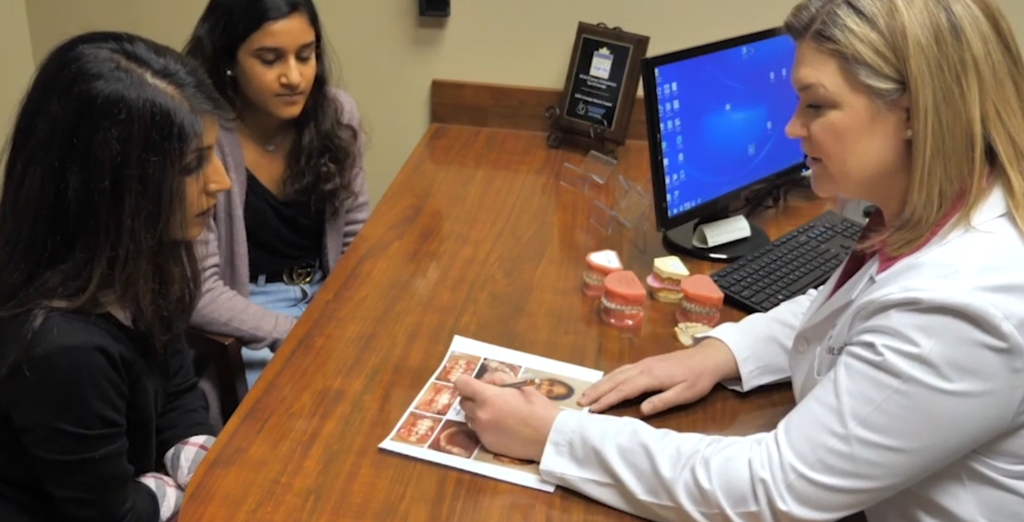How Effective Is a WaterPik When Wearing Braces?
October 8th, 2024

For individuals with braces, maintaining oral hygiene can be challenging. A WaterPik, a device that uses pulsating water to clean between teeth and along the gumline, is often recommended as an adjunct to traditional oral care methods. This article assesses the effectiveness of a WaterPik in managing oral health for those undergoing orthodontic treatment.
The WaterPik Overview
A WaterPik is a popular choice for those with braces because it uses a stream of pulsating water to help clean between your teeth and along the gumline.
Effectiveness with Braces
- Cleans Around Brackets and Wires: A WaterPik is great for flushing out food particles and plaque from around your braces, making it easier to maintain oral hygiene.
- Complementary Tool: A WaterPik is effective for flushing out food particles and plaque from between teeth and around braces, but it does not replace traditional flossing, which is crucial for removing plaque from tight spaces; using both tools together ensures thorough cleaning and optimal oral health.
- Reduces Gum Inflammation: The pulsating action can help soothe inflamed gums and improve overall gum health.
Tips for Using a WaterPik
- Use the Right Tip: Opt for tips designed specifically for braces. These are more effective at cleaning around brackets.
- Adjust Settings: Start with a lower pressure and gradually increase to find the setting that’s most comfortable for you.
- Combine with Traditional Methods: Use a WaterPik alongside brushing and flossing to keep your braces and teeth in top condition.
A WaterPik can be a fantastic addition to your braces care routine. It helps clean those hard-to-reach areas and soothes your gums. Just remember to use it as a complement to your regular flossing and brushing.
For more information about orthodontic services, or to speak with one of our board-certified specialists, contact us online or call 302-678-3000.





 Website Powered by Sesame 24-7™
Website Powered by Sesame 24-7™